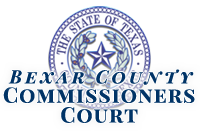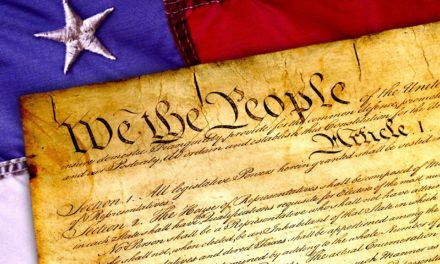 By Jason Meza Regional Director Better Business Bureau
By Jason Meza Regional Director Better Business Bureau
13750 San Pedro Ave, Suite 400 San Antonio, Tx. 78232
p: 210.260.9843
bbb.org Start With Trust®
You can never know exact- ly when disaster will strike in South Texas, and in the moment, all you should have to think about is getting yourself and your family to safety. That’s why September is National Preparedness Month, a time that reminds us to plan for whatever may be coming. Better Business Bureau offers these tips to keep you prepared:
Make and practice your plan. Start your emergency plan by discussing these questions with everyone in the household: How will you receive emergency alerts and warnings? What is your shelter plan? What are the best evacuation routes? Is there a communication plan for everyone in the home? The best way to learn the emergency plan is by practicing it twice a year, including with your pets.
Learn helpful skills. Basic home maintenance skills could become lifesaving. Know how to turn off the natural gas and electricity in your home. Be diligent about checking smoke alarms; it is recommended to test them once a month and replace them every 10 years. Homes are also vulnerable to cooking, heating and electrical fires, so visit ready.gov to learn how to prevent and stop them.
Check your insurance coverage. According to FEMA, more than half of all home- owners in the United States lack proper insurance to replace their home and be- longings after a catastrophe. Making sure you have ad- equate insurance ahead of time will save you trouble later.
Build your savings. Having enough money saved up can help cut down on stress when an emergency happens. Consider having a savings account to use specifically in the event of a disaster or emergency and contribute to it regularly. It also helps to have your personal, medical and household information stored in a safe, accessible place. That way, you can take it with you easily in case of evacuation.
Watch for scammers. There will always be scammers that try to take advantage of vulnerable people after disaster strikes. For example, “storm chasers” are contractors who go to areas affected by hurricanes, tornadoes and floods, taking money upfront and delivering poor work or disappearing altogether. They’re hoping stressed consumers make quick, uninformed decisions. Staying up to date on what scams you may be at risk for can help you better protect yourself.
To learn more about National Preparedness Month, you can visit us at bbb.org, or you can find more resources from the Department of Homeland Security at ready. gov/September.












